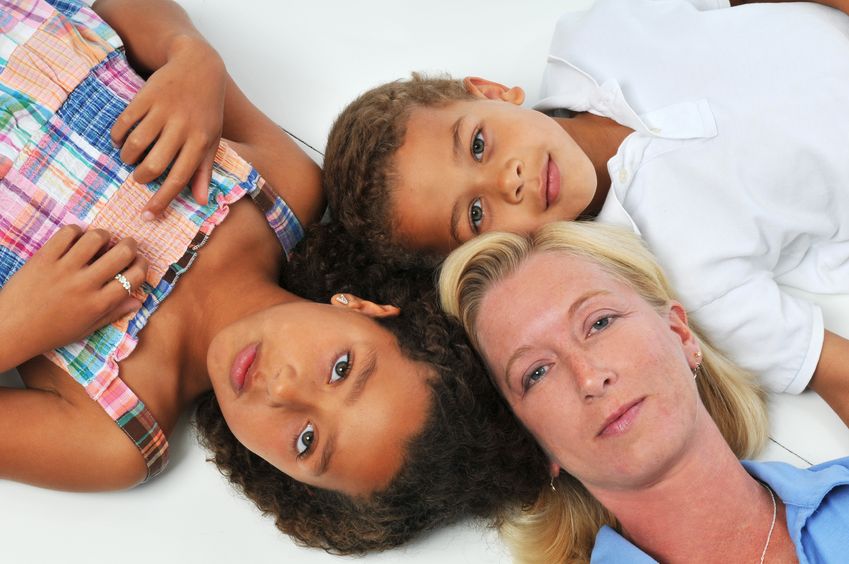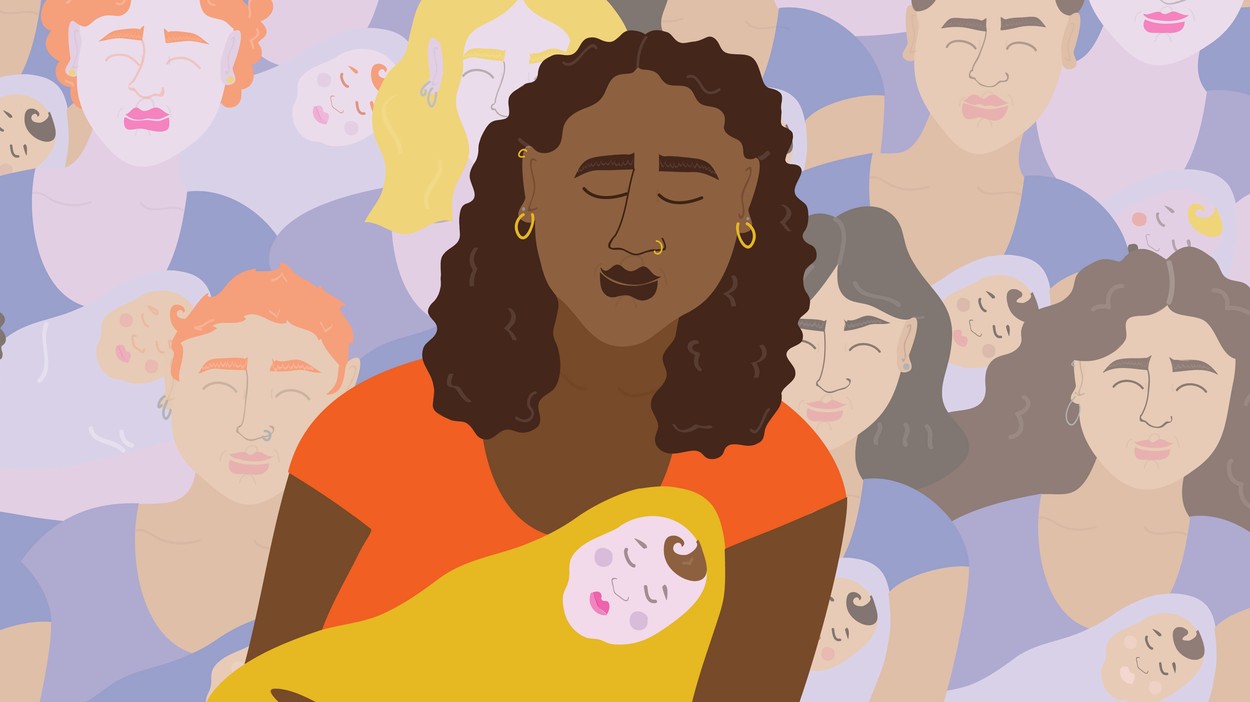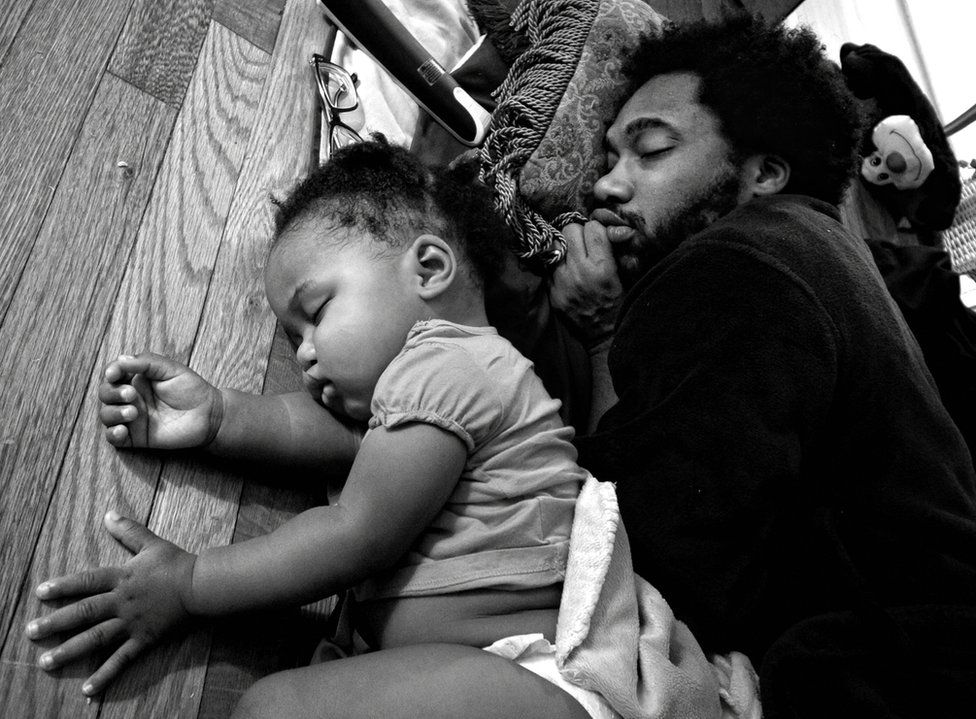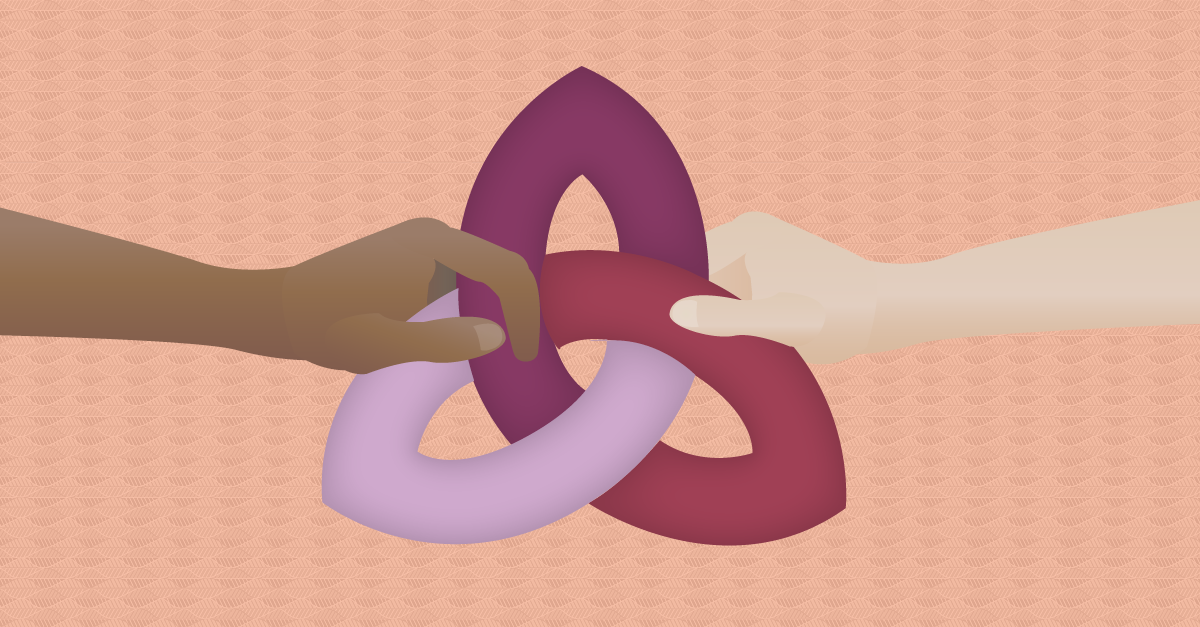On Prince Harry and Meghan Markle: Interracial Couples and Their Multiracial Children Will Not Save UsPosted in Articles, Brazil, Caribbean/Latin America, Census/Demographics, Family/Parenting, Media Archive, Social Science, United Kingdom, United States on 2018-05-18 18:54Z by Steven |
Chinyere Osuji
2018-05-18
Chinyere Osuji, Ph.D., Assistant Professor of Sociology
Rutgers, The State University of New Jersey (Camden)
This weekend, people all around the world will be tuning in to watch the royal wedding of Prince Harry and Meghan Markle, an American actress. With a black mother and a white father, Markle identifies as biracial and will be one of the first Americans to marry into the British Royal family. To the chagrin of some, British royal weddings are a big deal in its former colonies, the United States included. But this is a major exception. Black women have been excluded from Western princess imagery until recently with the Disney Princess Tianna, who spent most of the movie as an animal. Yet, with Prince Harry and Meghan Markle, for the first time in living memory, an Afrodescendant woman will be the star who ends the movie as a princess in a real life royal wedding.
Last year was not only the year that Prince Harry proposed to Markle, it also marked the 50th anniversary of the landmark 1967 Loving v. Virginia Supreme Court decision outlawing state anti-miscegenation laws. To celebrate interracial love, The New York Times ran an editorial titled “How Interracial Love Is Saving America” by Sheryll Cashin. The author cited research by the Pew Research Center on how 17% of newlyweds and 20% of cohabiting relationships are either interracial or interethnic, many times higher than in 1967. Cashin saw the enlightened whites who had married across color lines as being at the forefront of a New Reconstruction in the Trump Era. Many people think that as an important symbol of racial harmony, Prince Harry and Ms. Markle will change the world. Like these U.S. newlyweds, their love will be the acid melting the boundaries separating blacks and whites.
Unfortunately, it is not true…
Read the entire article here.









